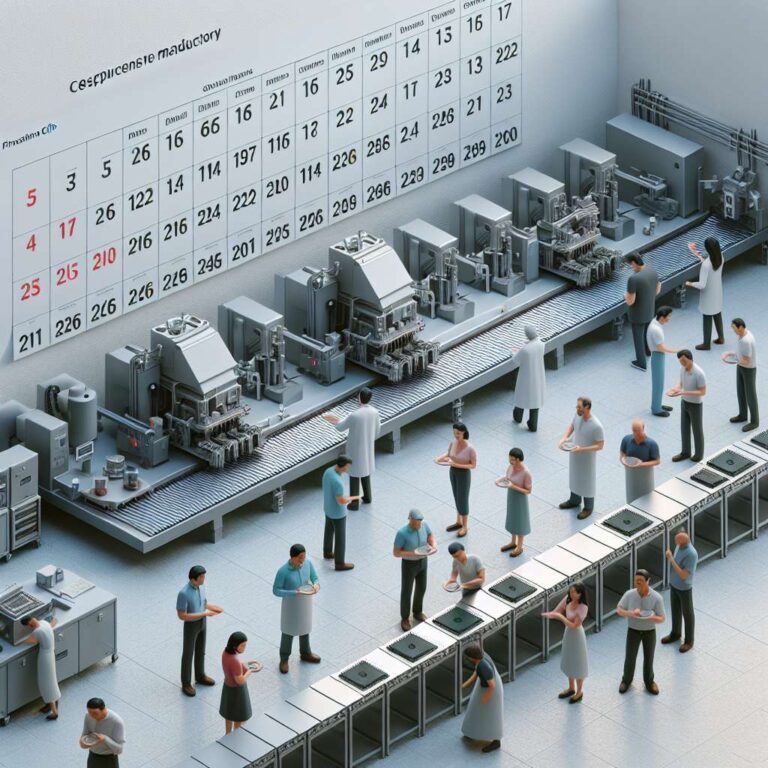Elon Musk announced on X that Tesla intends to accelerate its push into Artificial Intelligence hardware by delivering a new chip design to volume production every 12 months. He said the company ultimately expects to produce chips at higher volumes than other Artificial Intelligence chipmakers combined, signaling an aggressive plan to scale both design cadence and manufacturing output.
Musk outlined Tesla’s existing Artificial Intelligence chip program, saying the company has already designed and deployed millions of chips across its vehicles and data centers. He listed the current lineup by name, noting that Artificial Intelligence 4 is in cars, Artificial Intelligence 5 is nearing deployment and work on Artificial Intelligence 6 has begun. According to Musk, the chips will support Optimus and advanced vehicle safety functions, and could open new use cases in medical and robotics applications as production ramps.
The announcement positions Tesla directly against established rivals in the Artificial Intelligence silicon market. The article names major competitors including Nvidia, AMD, Intel and Broadcom. Analysts quoted in the piece say Tesla’s push may intensify competition in Artificial Intelligence hardware and data center markets, but they caution that maintaining a yearly release cadence while scaling manufacturing and building the surrounding software and customer ecosystem will be a substantial operational challenge. Market watchers will focus on Tesla’s production ramp and customer traction as indicators of whether the company can translate design ambitions into sustained market share.

